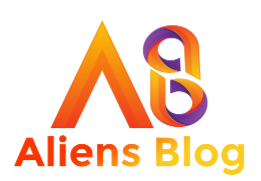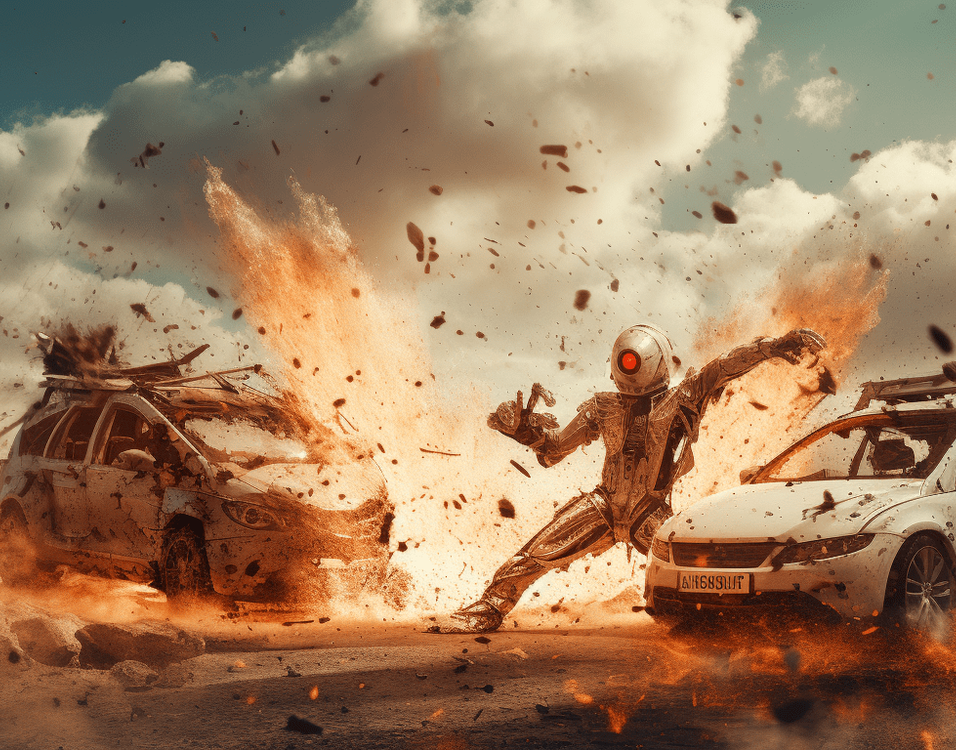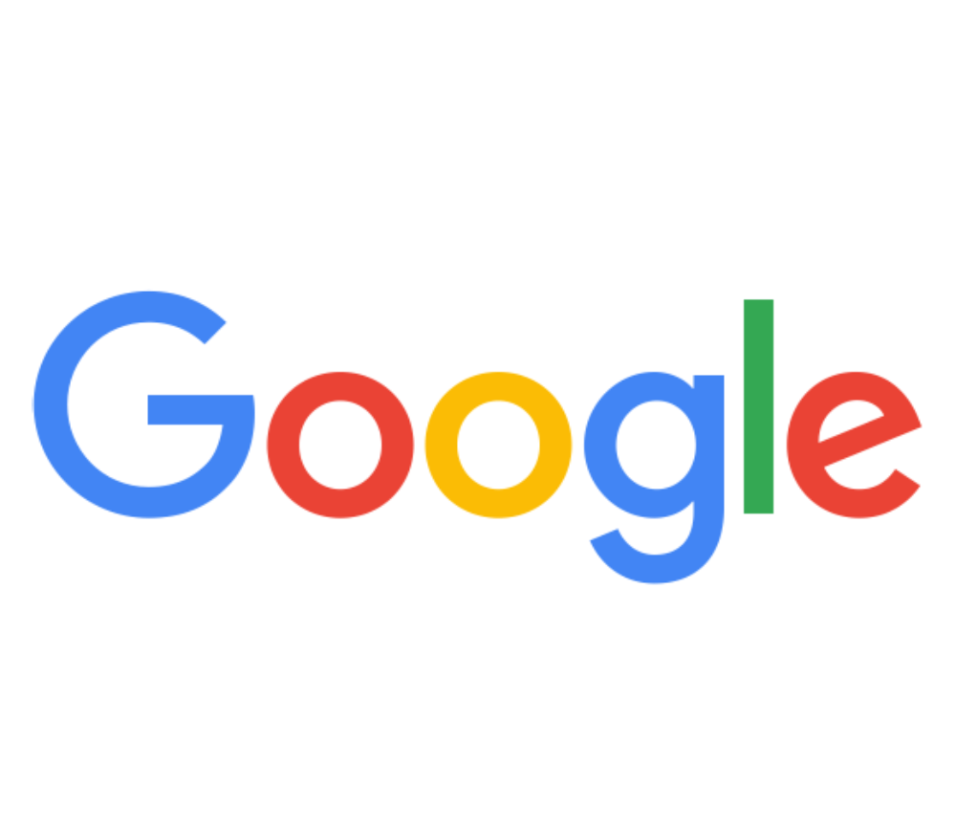Artificial intelligence (AI) is rapidly transforming industries all over the world. From manufacturing to healthcare to transportation, AI is being used to automate tasks, improve efficiency, and make better decisions.
Here are some of the ways that AI is changing industries:
Manufacturing: AI is being used in manufacturing to automate tasks, improve quality control, and optimize production. For example, AI-powered robots can now perform tasks that were once done by humans, such as welding and painting. AI is also being used to analyze data from sensors and machines to identify potential problems before they occur. This can help to prevent costly downtime and improve product quality.
Healthcare: AI is being used in healthcare to diagnose diseases, develop new treatments, and provide personalized care. For example, AI-powered image recognition tools can now help doctors to identify cancer cells more accurately than ever before. AI is also being used to develop virtual assistants that can provide patients with information and support.
Retail: AI is being used in retail to personalize shopping experiences, optimize inventory management, and combat fraud. For example, AI-powered recommender systems can suggest products that customers are likely to be interested in. AI is also being used to track inventory levels and identify potential shortages. This can help retailers to improve customer satisfaction and reduce costs.
Transportation: AI is being used in transportation to develop self-driving cars, optimize traffic flow, and improve safety. For example, AI-powered self-driving cars are already being tested on public roads in some countries. AI is also being used to develop systems that can predict traffic congestion and optimize routes. This can help to reduce accidents and improve traffic flow.
Media and entertainment: AI is being used in media and entertainment to create personalized content, generate realistic images and videos, and automate tasks. For example, AI-powered recommendation engines can suggest movies and TV shows that users are likely to enjoy. AI is also being used to create realistic images and videos for movies and video games. This can help to improve the overall experience for viewers and players.
These are just a few of the ways that AI is changing industries. As AI technology continues to develop, we can expect to see even more innovative applications in the years to come.
Here are some of the challenges and opportunities of AI in industries:
Challenges:
One of the biggest challenges of AI is the need for large amounts of data to train and develop AI models. This can be a challenge for industries that do not have access to large amounts of data, such as small businesses.
Another challenge is the potential for bias in AI models. This can happen if the data that is used to train the models is not representative of the population.
The security and privacy of AI systems is also a concern. AI systems can collect and store large amounts of data about individuals, which could be used for malicious purposes.
Opportunities:
AI has the potential to improve efficiency and productivity in many industries. For example, AI can be used to automate tasks, optimize processes, and make better decisions.
AI can also be used to create new products and services. For example, AI-powered self-driving cars could revolutionize the transportation industry.
AI can also be used to improve the quality of life for people. For example, AI-powered healthcare systems could provide personalized care to patients.
Overall, AI has the potential to bring significant benefits to many industries. However, it is important to be aware of the challenges and opportunities of AI in order to ensure that it is used responsibly.







Leave feedback about this